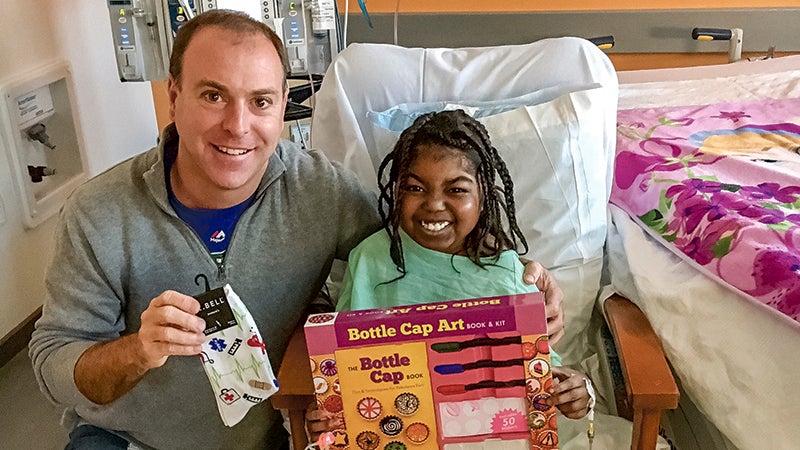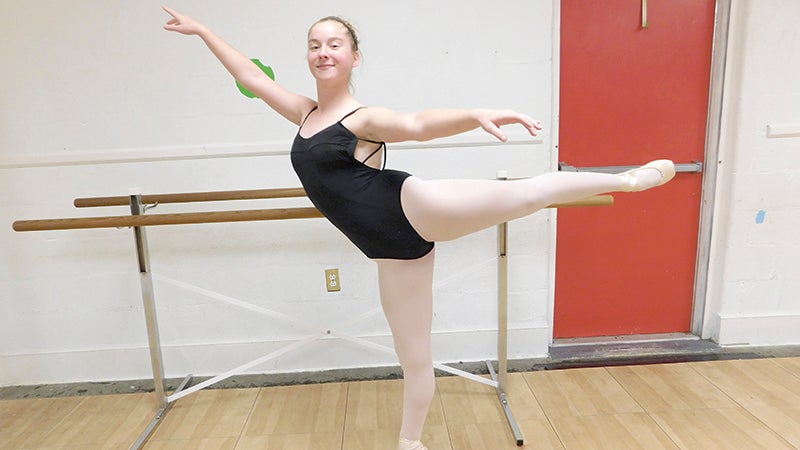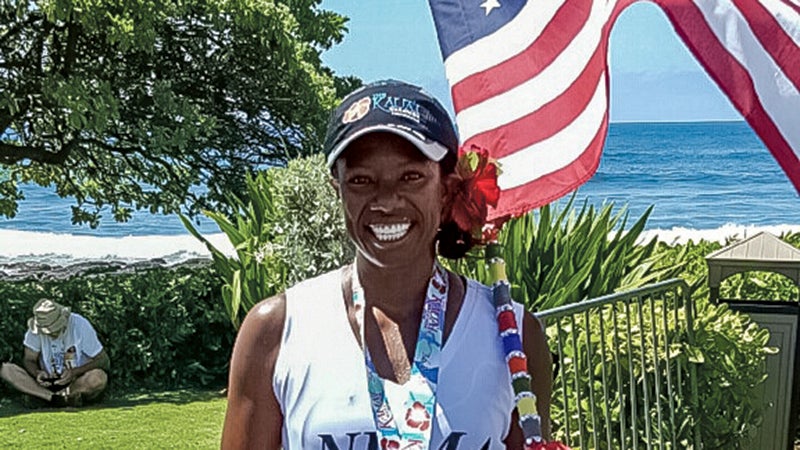Navigating the darkness
Published 11:18 pm Saturday, April 9, 2016

Juel Carr, at home recovering from breast cancer surgery, says she has received an abundance of help from friends.
Juel Carr doesn’t get sick.
So when Carr — an upbeat, 60-year-old caregiver to a 27-year-old man with special needs and his elderly grandmother — first began experiencing soreness underneath one arm last October, she chalked it up to work. When the ache in her arm intensified, Carr’s primary care physician ordered a mammogram and ultrasound.
That’s when Carr’s quiet, comfortable world flipped upside down.
The next six weeks were a flurry of specialists’ appointments, medical tests, a biopsy, the Thanksgiving holiday — and seemingly endless periods of waiting, she recalled.
“Waiting, waiting and more waiting. I couldn’t sleep for waiting,” Carr said recently, a fuzzy, plaid blanket draped across her legs as she recovered from a double mastectomy in mid-March. “I needed to know something … and one day late felt like a year.
“As devastating as it was to hear that I had cancer … it was waiting that was the most traumatic for me.”
By the time she got her biopsy results on Dec. 7, four days later than she had been promised, Carr remembers being so frustrated she was crying and yelling.
“I’m normally a patient person … but I was upset because of all the waiting,” Carr said. Even before her doctors revealed her diagnosis of breast cancer, Carr said she had a feeling bad news was coming when she saw Leanna Edwards, oncology nurse navigator at Sentara Obici Hospital, in the room.
Indeed, Edwards’ role is to help all of Obici’s cancer patients navigate the uncharted waters of a cancer diagnosis.
“I’m there when patients get diagnosed,” Edwards said. “It’s overwhelming at first. I’m there to help them absorb the diagnosis, get through the initial shock and make sure they understand what their pathology report says … and that cancer today is treatable and often curable.
“We spend a good hour together on the first day,” she said. “They are tearful at first and smiling by the time they leave.”
Education is a big part of her job, Edwards said. As the go-to person available to all cancer patients, Edwards makes sure they understand the details of their treatment plans, answers clinical questions, and assists if they have trouble getting necessary appointments.
“Support is the biggest thing I do,” Edwards said. “I try to keep in touch with patients and make sure I am available for them.”
Although she has gone to a couple of Obici’s monthly support group meetings, Carr said she has found an online group of breast cancer survivors on Facebook to be an unexpectedly strong support network.
“You can always connect with someone in some part of the world at any time. If I have a burning question at 3 a.m., chances are I can find someone in that support group almost instantly who has been through it,” Carr said. “I’ve really related with other women who have told me their stories and shared their views … and allowed me share my thoughts.”
In a special twist, Carr says her cancer diagnosis has helped her reconnect with childhood friends and prompted her to join St. Paul’s Episcopal Church, where she has kept the nursery for the past 16 years.
“People from church and friends have brought me food and done all sorts of things for me. I’ve had support from people I don’t even know,” said Carr. “I am so amazed at all the help I’ve been given.”





